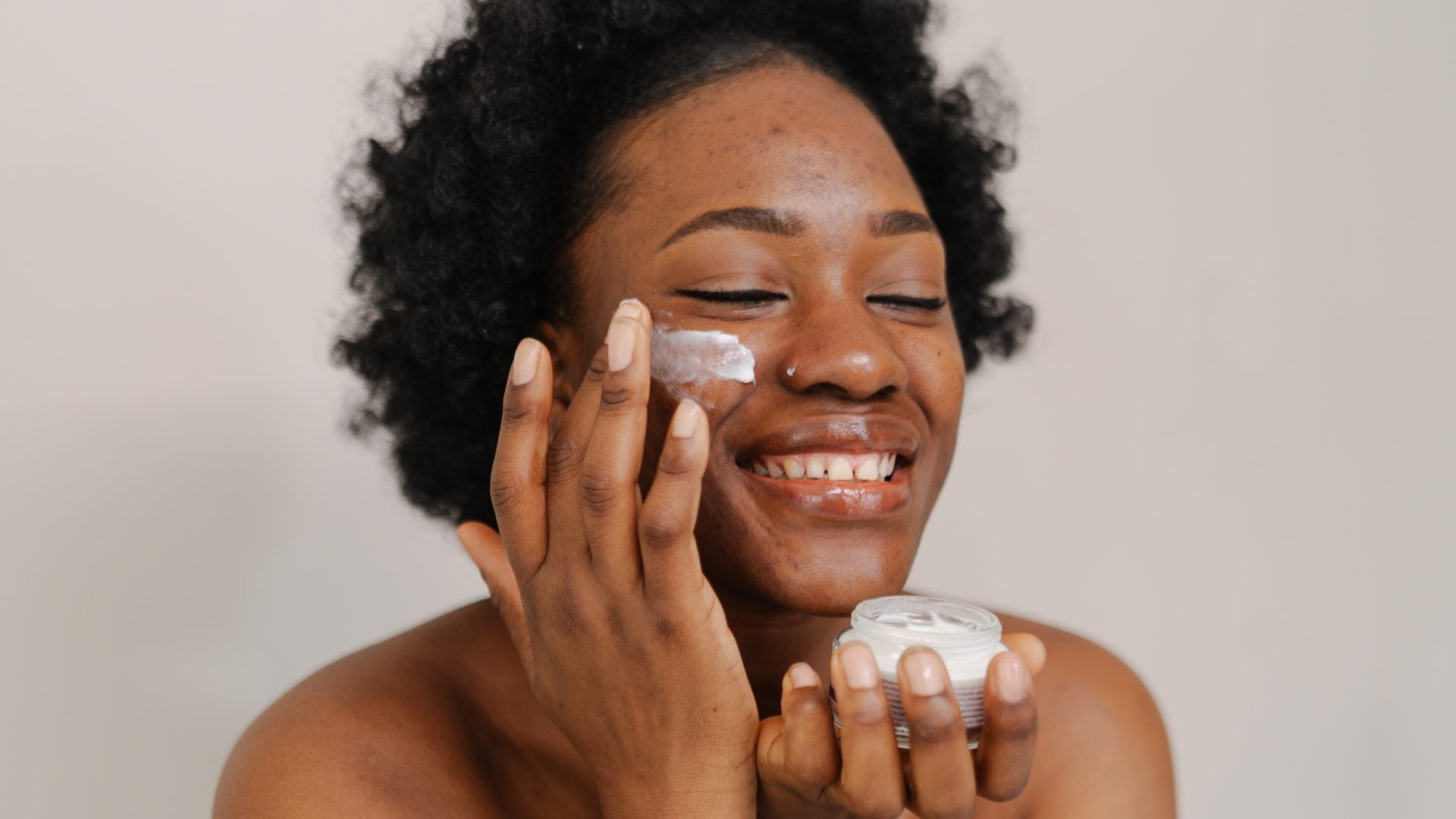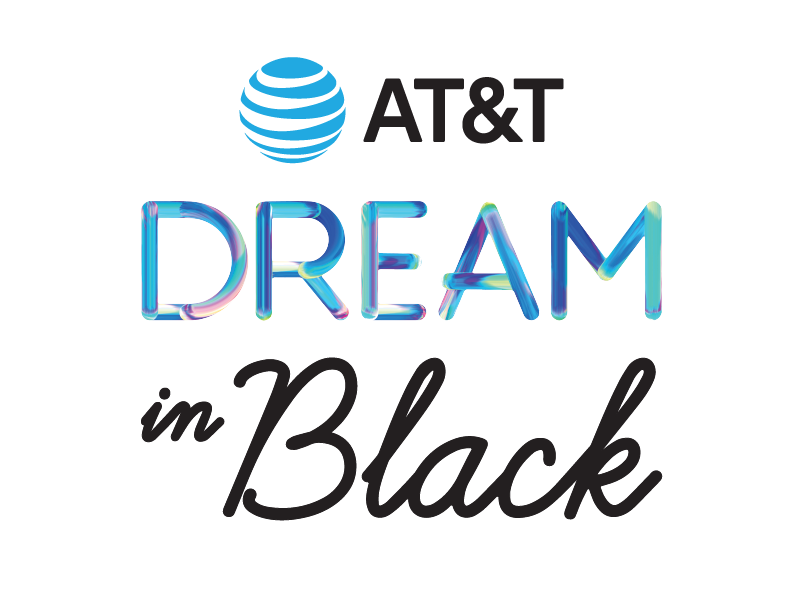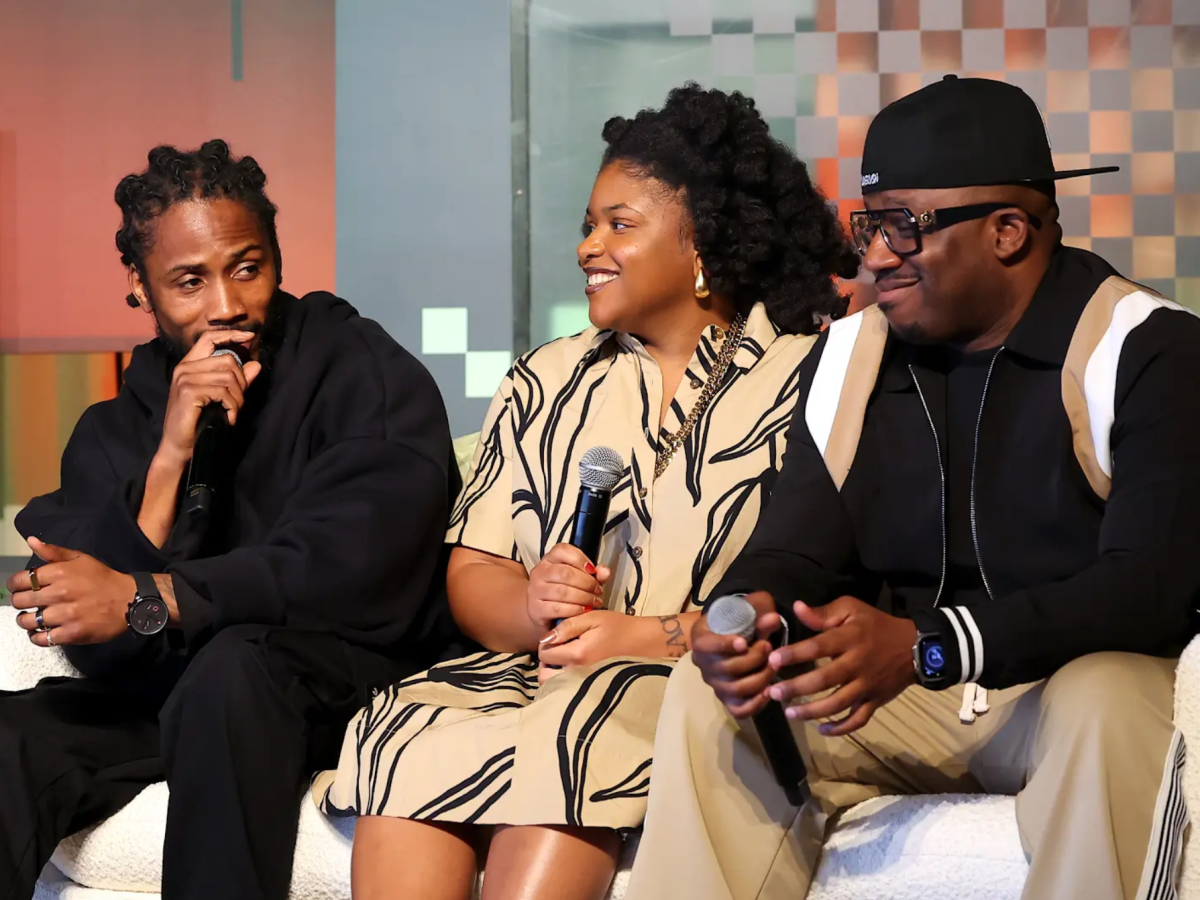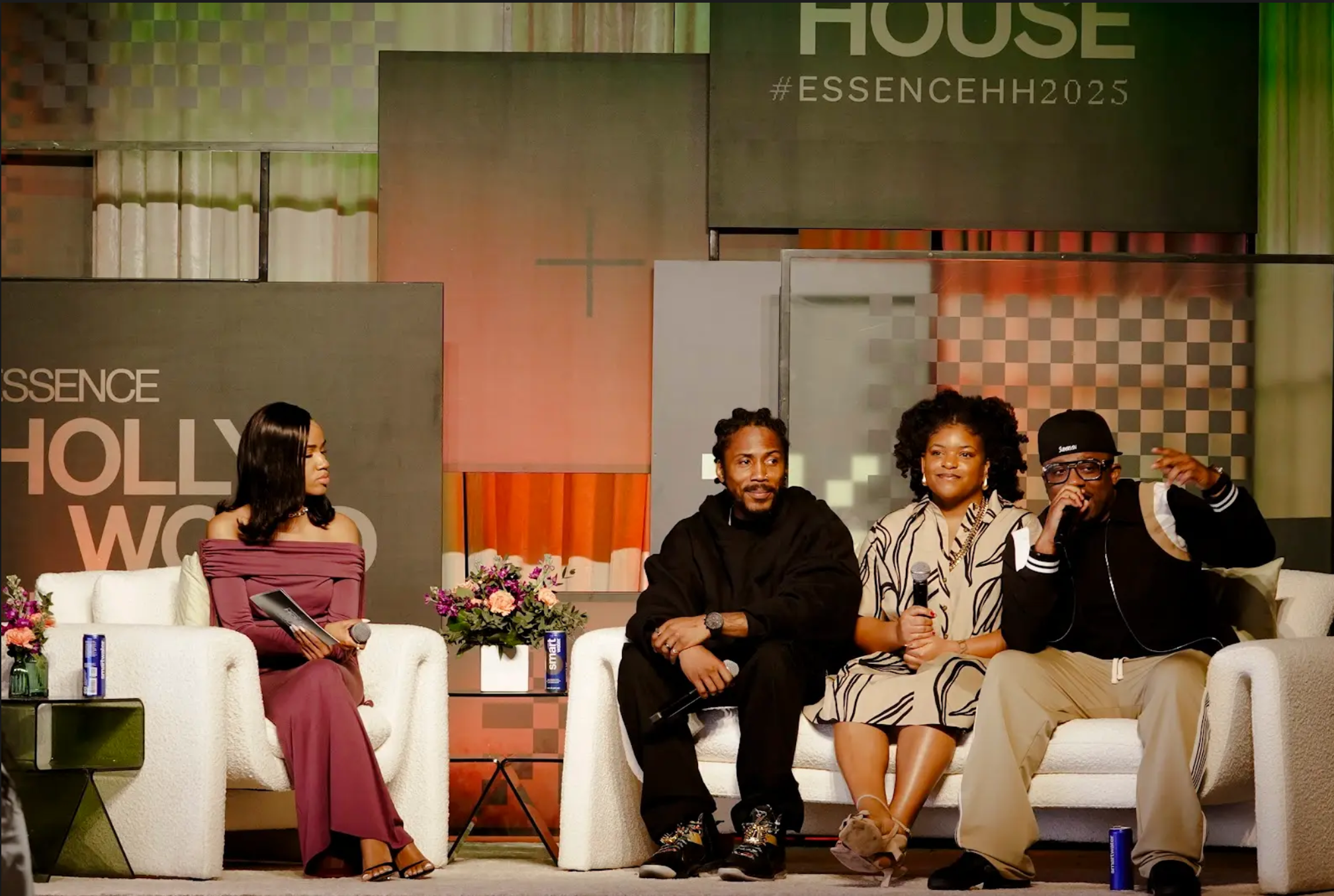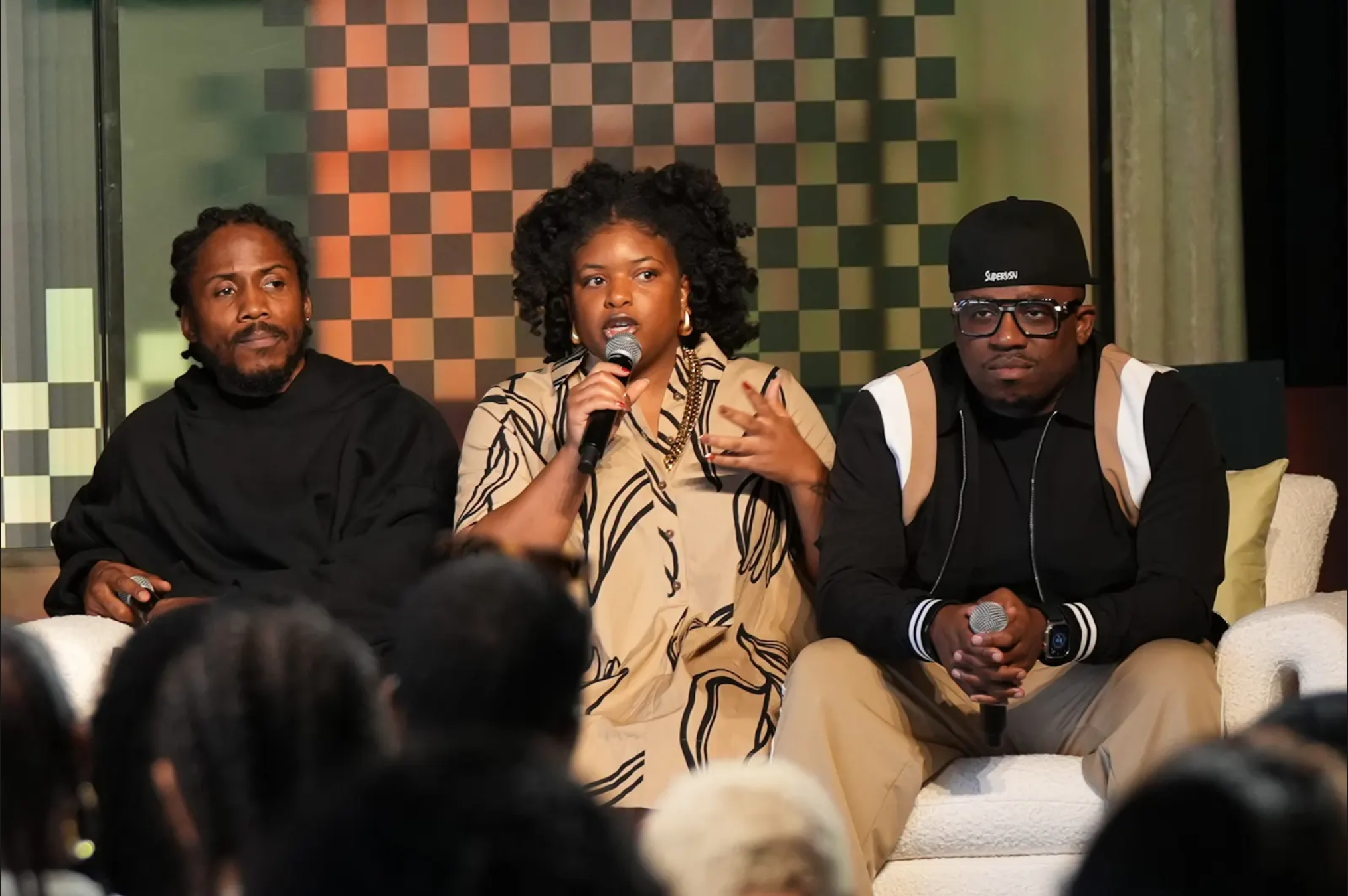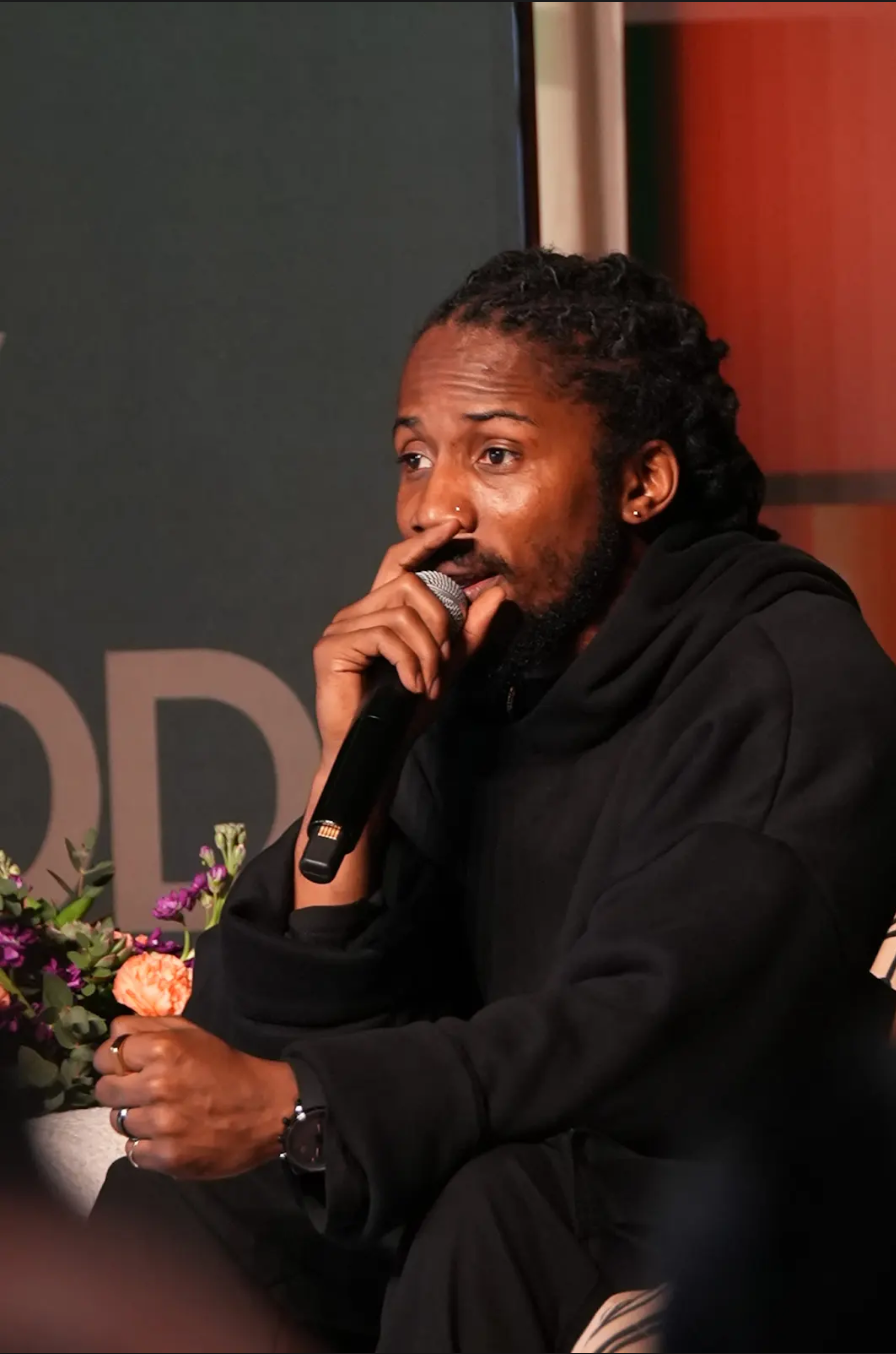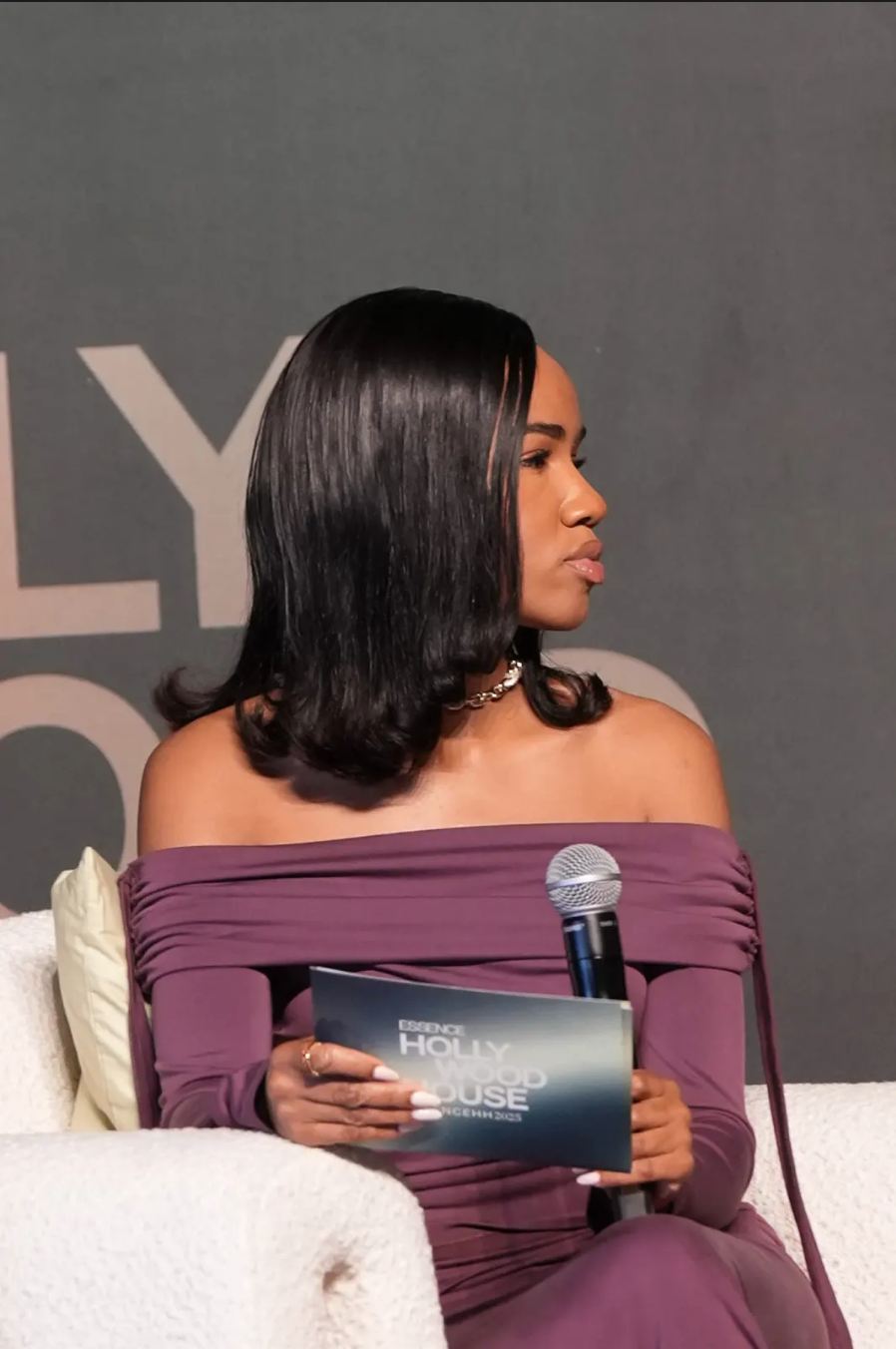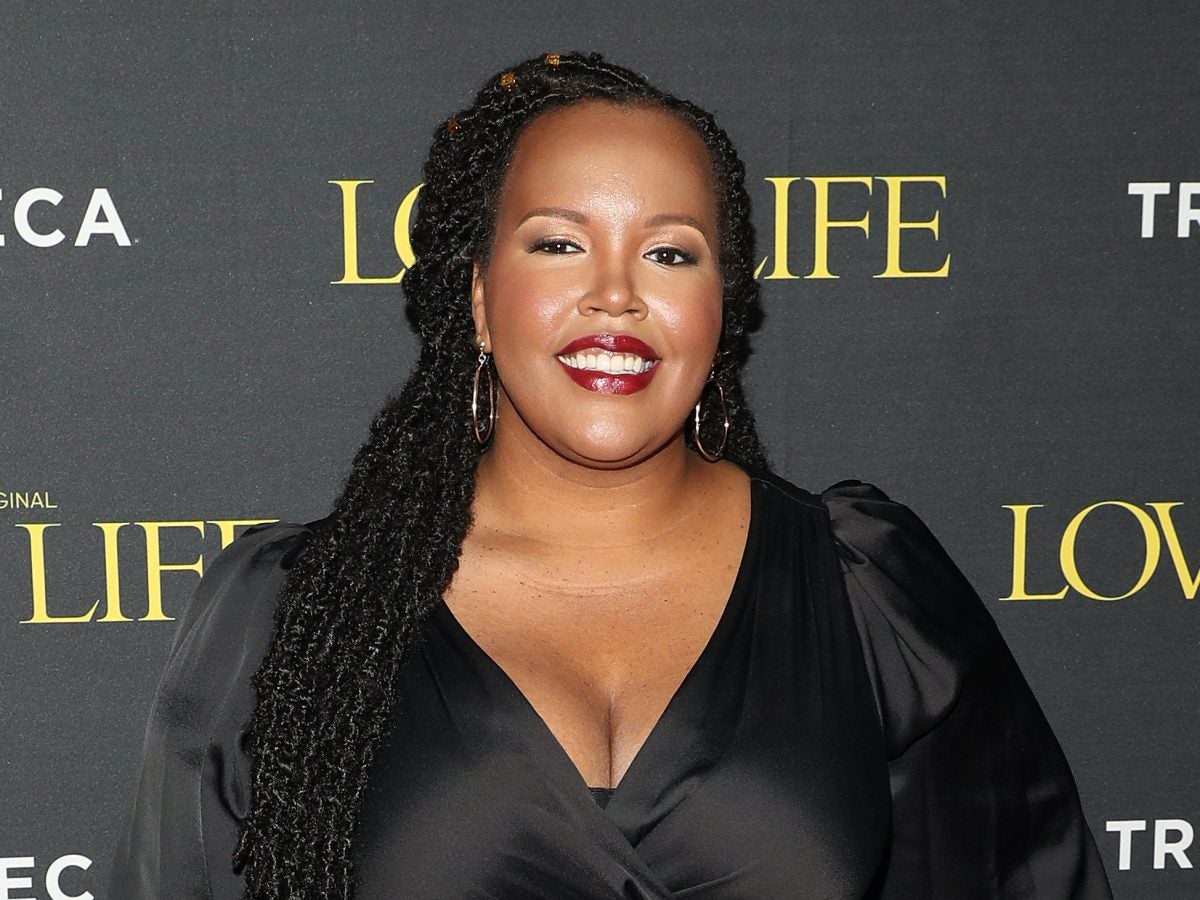
Sometimes happily ever after requires real work. Rachelle Williams helped create characters healing themselves to better love one another in the second season of HBO’s Love Life.
Starring William Jackson Harper as Marcus and Jessica Williams as Mia, the 2nd volume of the anthology series intentionally portrays a Black love that goes beyond #relationshipgoals style snapshots.
“We talked a lot about it in the room,” Williams told ESSENCE.
“We wanted Marcus to end up with a Black woman but for all the right reasons, you know? Not just to like, be this perfect picture, not to be Barack and Michelle or something like that, but because he had really found a connection with this woman.”
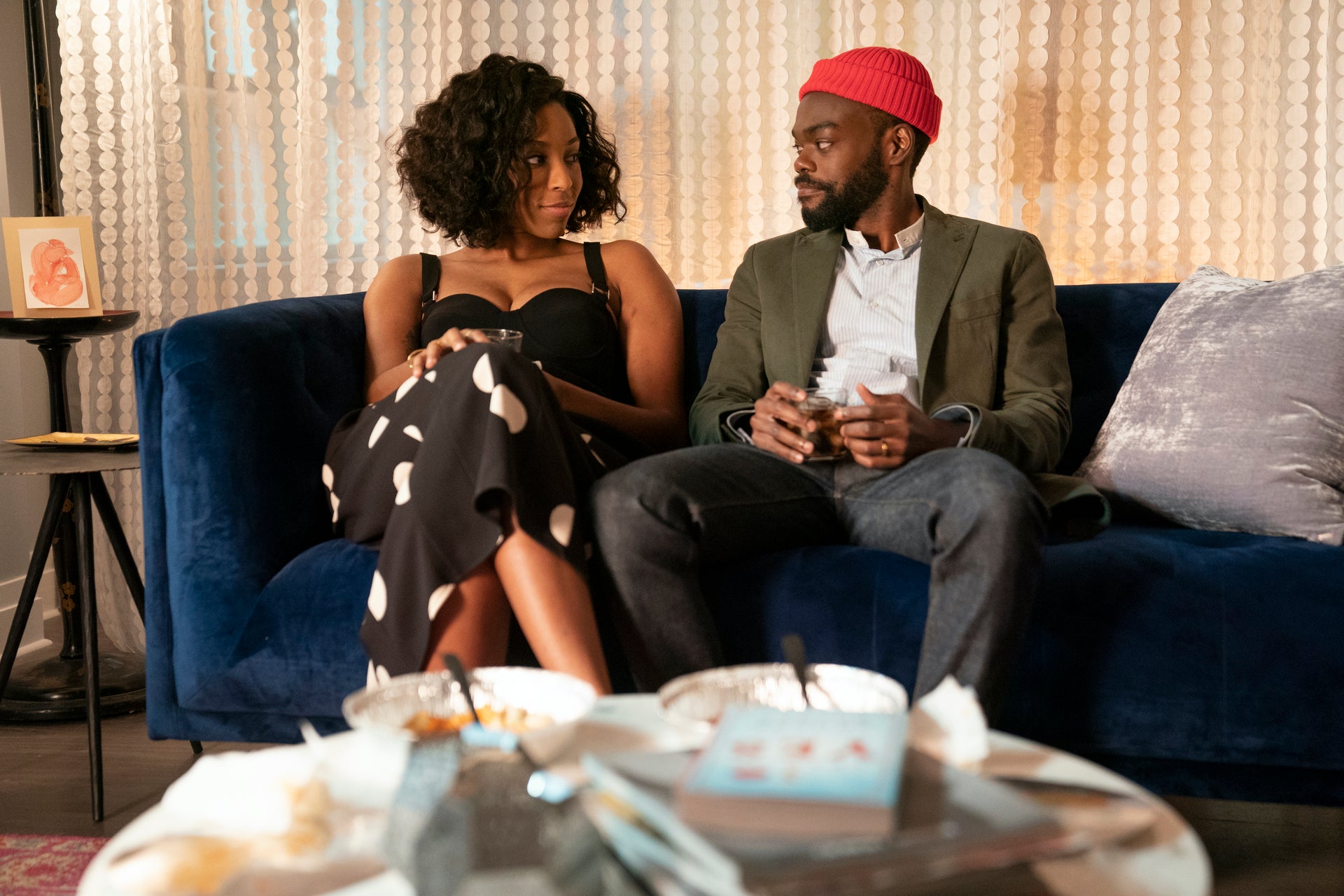
That connection between a PG County Birkin pusher and a publishing world divorcee rings true because it is formed between two completely developed characters, something that can be absent from shows jabbing Black characters into storylines for optics-centered diversity.
“There’s that version of like, okay, well let’s cast diverse people, but you have to be responsible for your diverse characters too,” she said. “Don’t just make them ornaments.”
The first season of Love Life poured into the backstory of star Darby Carter, and the second season gives that same level of attention to Harper’s character. “Marcus is a fully formed character,” said Williams.
On their romantic journey, Marcus and Mia are surrounded by other couples who set examples of what they do and don’t want from their intimate relationships. Instead of inserting a typical bad influence, the writers chose to show a best friend who was a proud husband and father. “We wanted to have that contrast. We wanted to see a Black man being a healthy, stable relationship with the woman he loves,” she said.
Marcus’ sister, played by the criminally under-appreciated Punkie Johnson, sets clear boundaries and exalts the power of forgiveness.
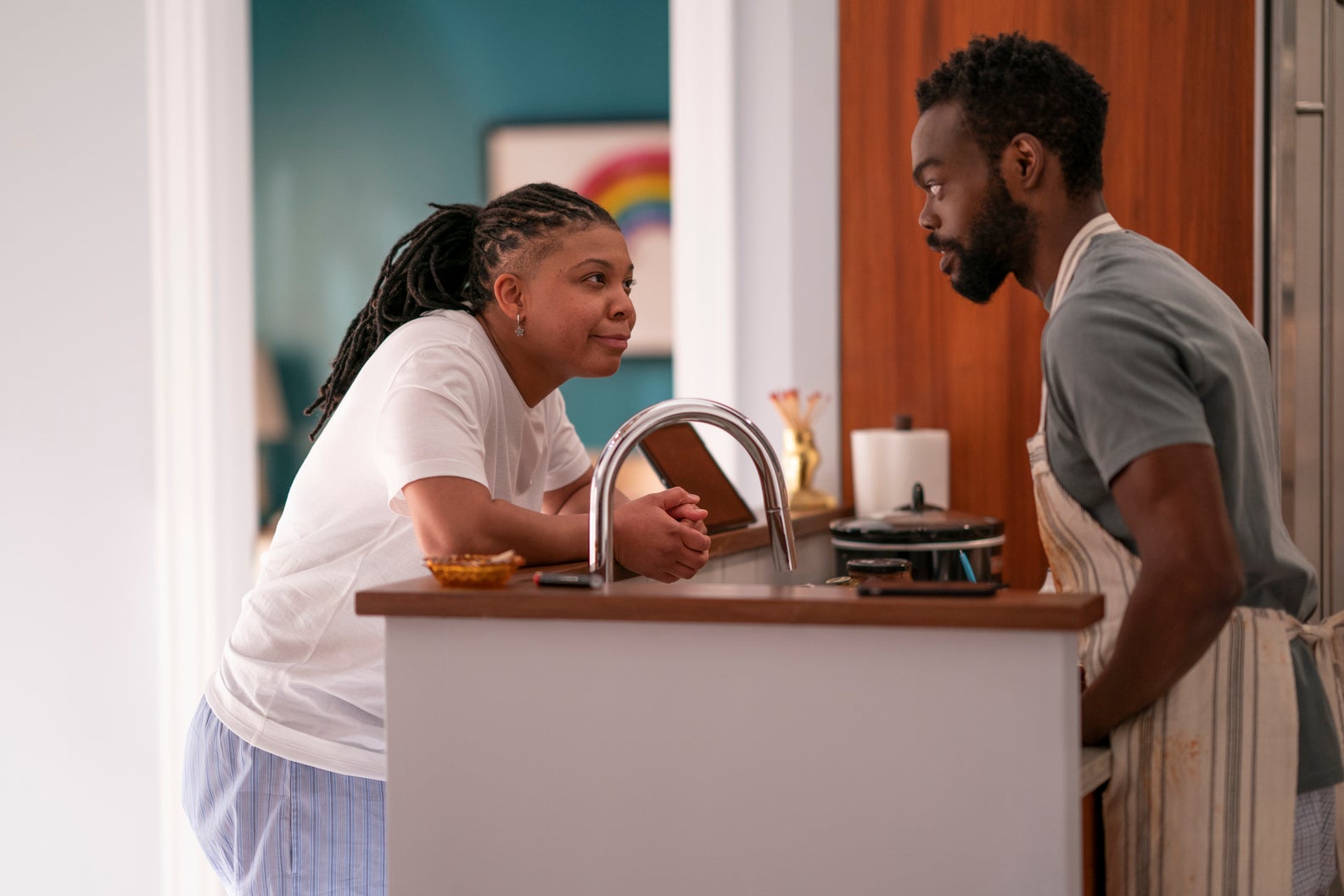
Audiences are often frustrated with the question of why the characters we long to see together can’t just work it out. Williams tapped into her own experiences to answer that ‘why.’
Viewers watch Mia return home and engage with her annoyingly optimistic mother “who kind of leaned on her a little bit” and “aloof and distant,” father who “just charmed his way through life.”
“That episode is pulled a little bit from my life,” she revealed.
“That’s not verbatim like my story, but I remember like the, basically I had to look at, well, what made me have issues with dudes?”
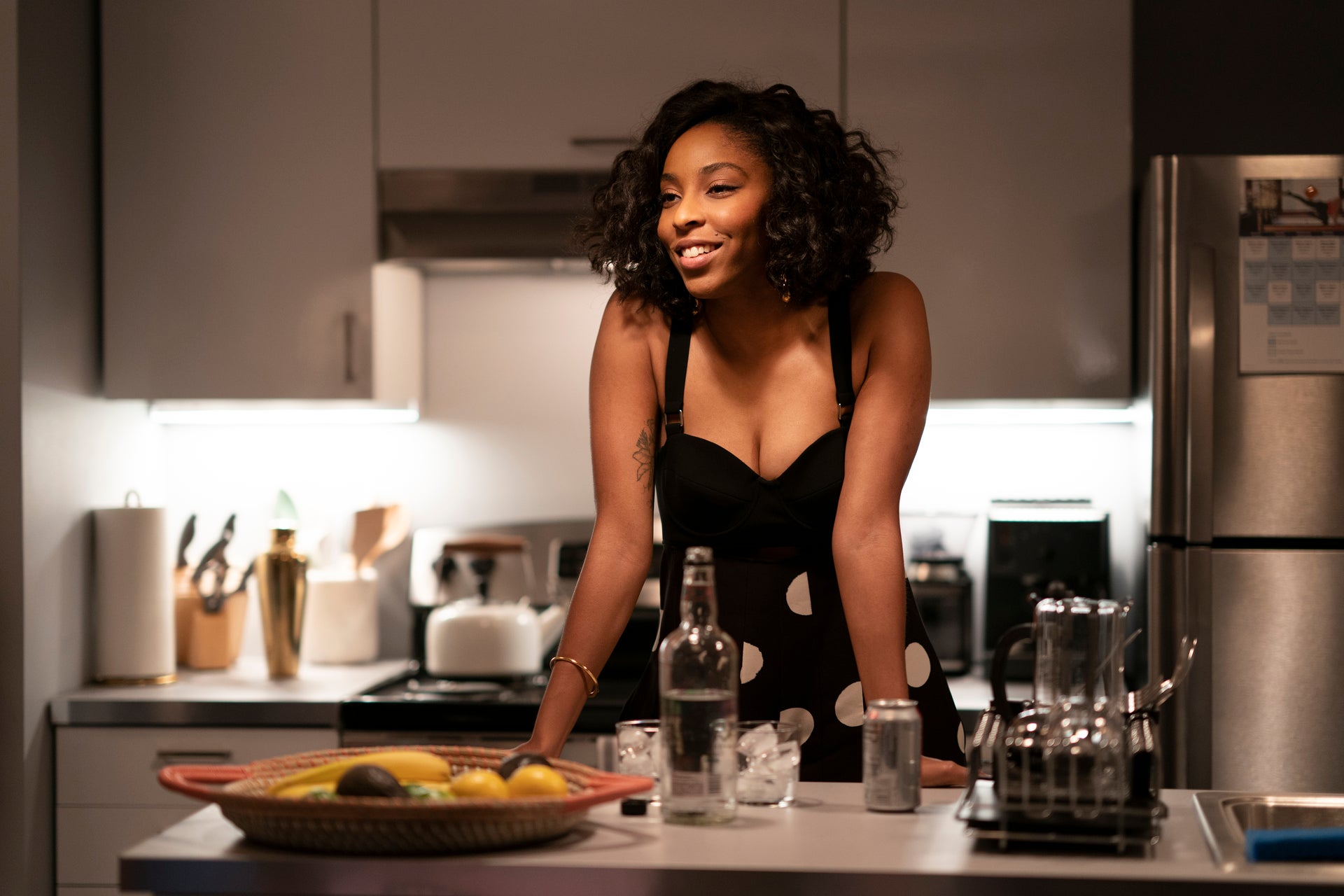
She was willing to dig into herself to serve the story. “You want to do what’s right for the character,” she said. The audience didn’t have to hear her explain it in a text, or a voicemail. They got to see it.
“We thought it was important for the audience to see her side of it,” she said.
“It was important to take those 30 minutes and let’s talk about this particular Black woman and also to show how different Marcus and Mia actually are.”
Instead of diluting the characters’ bond to cute banter, the show distills each partner to their essence.
“They’re both smart and funny, and they work in these white spaces, they have all this in common, but ultimately they have completely different upbringings, you know?
Marcus had that Huxtable upbringing and, and Mia had a more tumultuous upbringing.”
A fan of classic romantic comedies like When Harry Met Sally, Williams baked their infamous “will they/ won’t they” rhythm into the series.
It is full of sweet moments in Brooklyn bars, and intimate strolls through Manhattan landmarks “but it doesn’t stop there.” They discuss family dynamics, finances, deep insecurities and more.
“Honestly, when you think about relationships, like, falling in love is the easy part,” said Williams
“Maintaining that level of love and respect and intimacy for years and years and years, if you’re monogamous, that takes a lot of work, you know? And then you throw a kid in there and it takes 10 times more work.”
Their conflicts are not magically solved by a well-timed trip to the airport or a rain-soaked kiss outside of a taxicab but trips to the therapist and radical truth sessions. “I wanted to see a Black couple forgive each other,” she said. “I wanted to see forgiveness done in like a nuanced way where we didn’t have to, you know, drag it out.”

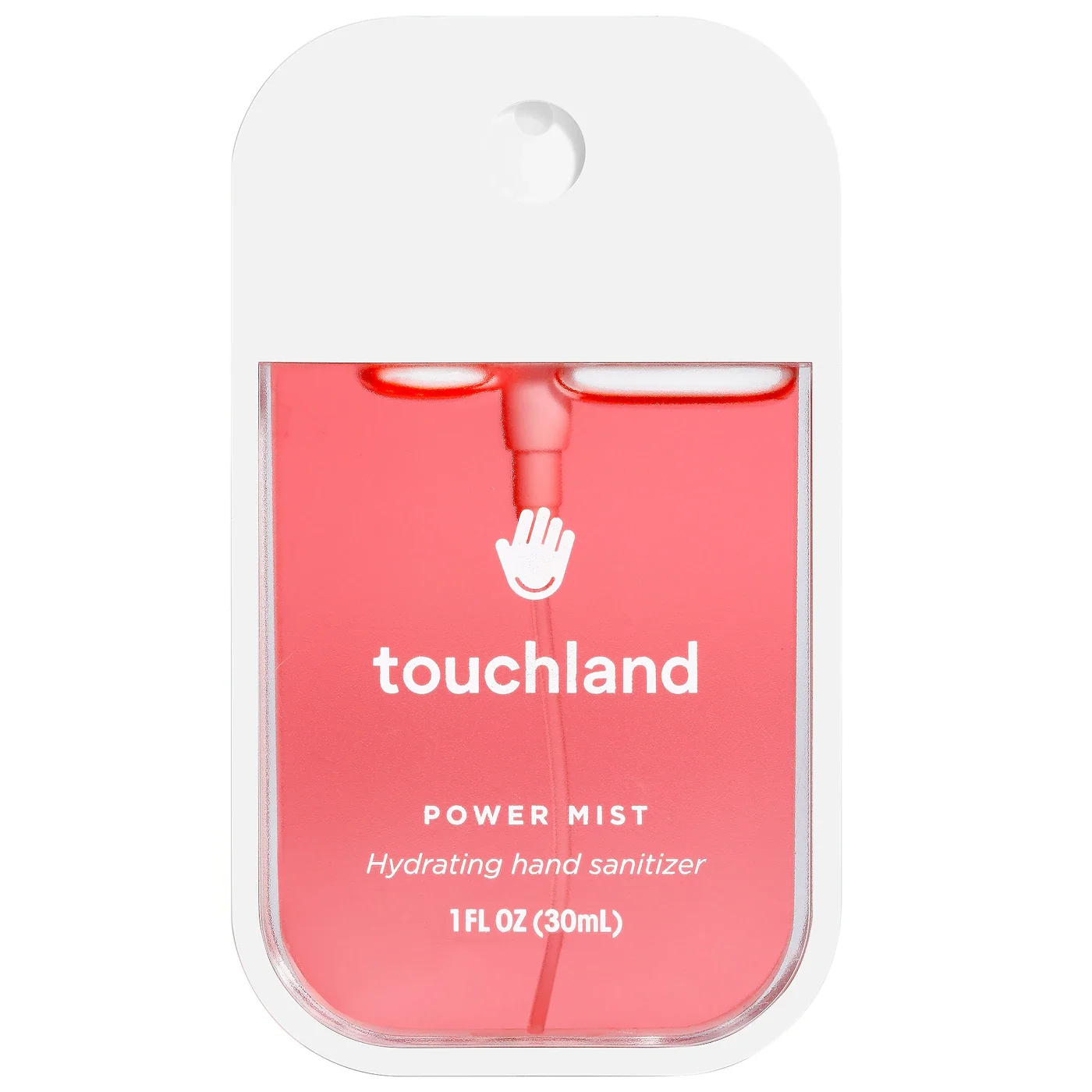
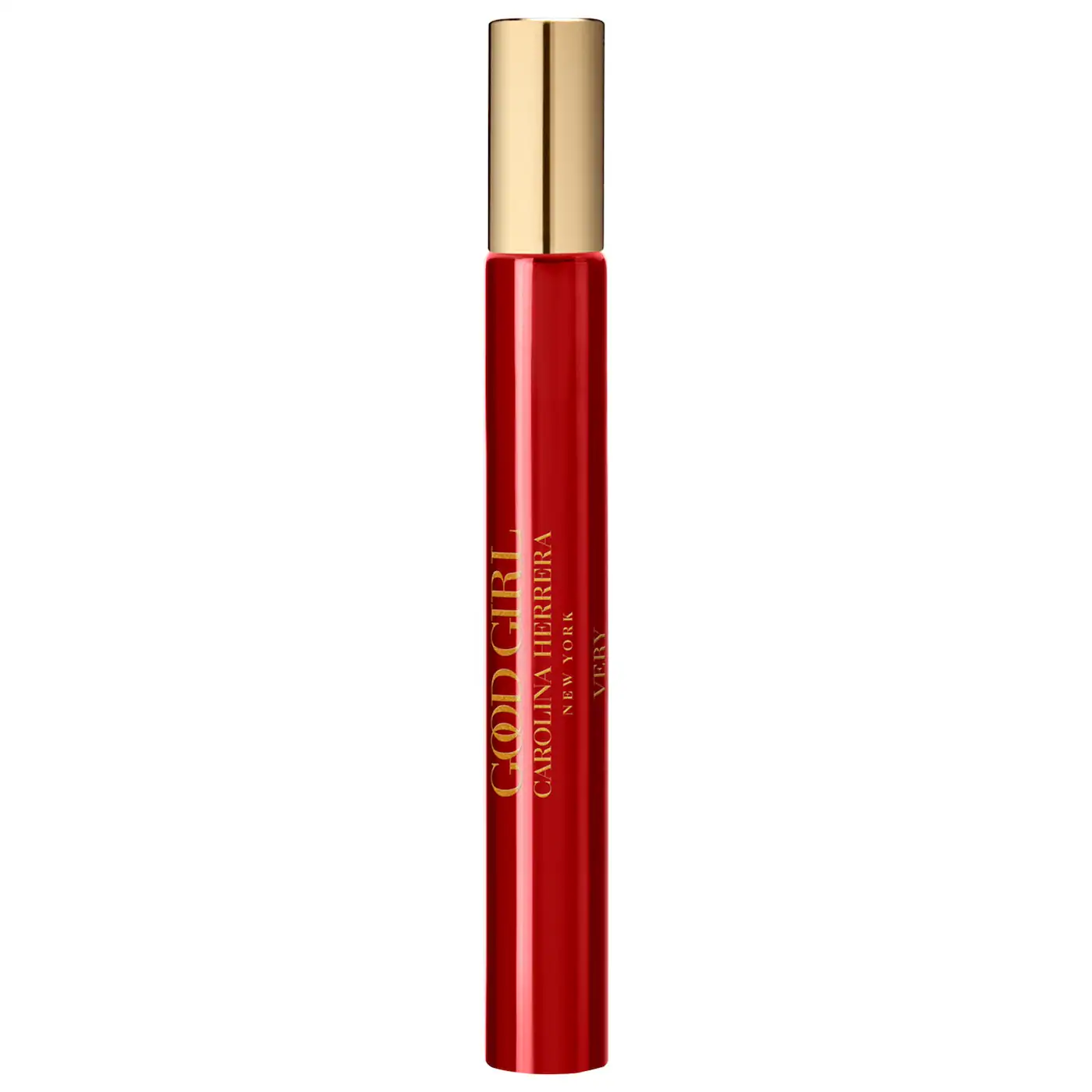
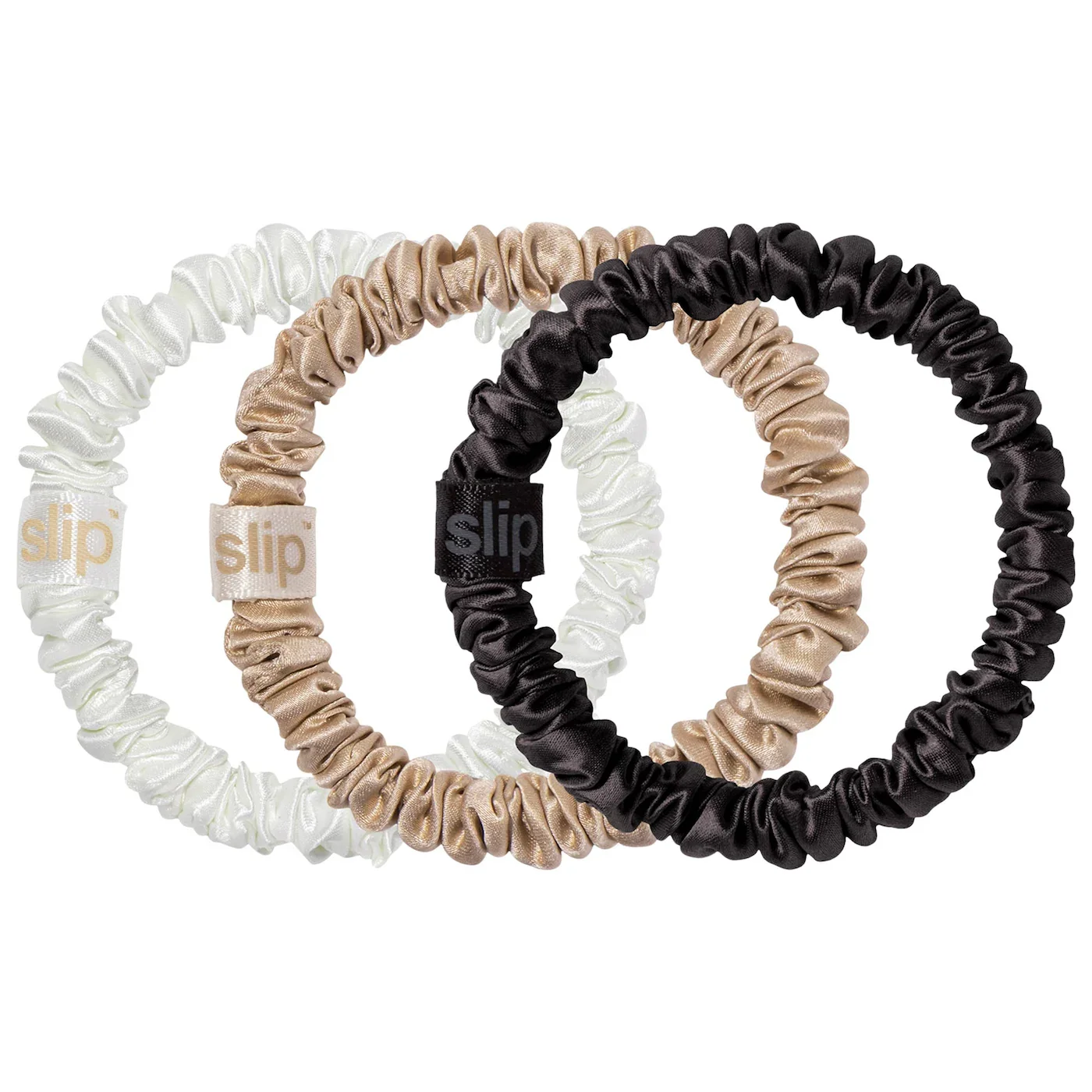



Each scene has a self-awareness that helps make their union as realistic as it is beautiful.
“You can have a partner because there is this give and take. It’s not compromise. It is push and pull, you know? Give me what I need and then I’ll give you what you need.”
The second season of Love Life is now streaming on HBO MAX.


